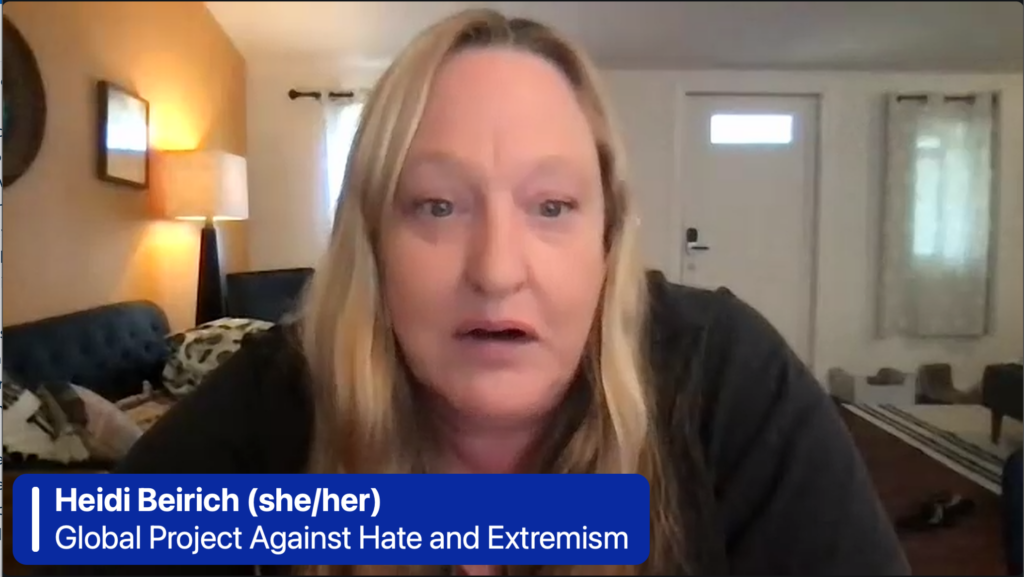Judge rejects Trump’s attempt to dismiss Georgia RICO case based on free speech arguments
A Georgia judge denied Donald Trump’s request to dismiss his election interference case, citing violations of his First Amendment rights. The judge found that the allegations in the indictment involved speech not protected by the Constitution, as they were linked to criminal activities. The case, brought by Fulton County District Attorney Fani Willis, accuses Trump and 18 others of conspiring to overturn the 2020 election.
A judge denied on Thursday Donald Trump’s request to dismiss his election interference case in Georgia on the grounds that it violated the former president’s First Amendment rights.
Judge Scott McAfee issued an order saying that while Trump’s free speech rights permitted him to raise challenges about the 2020 election, the allegations in the indictment reflected speech that was not protected by the Constitution because it was allegedly “made in furtherance” of crimes.
“After interpreting the indictment’s language liberally in favor of the State as required at this pretrial stage, the Court finds that the Defendants’ expressions and speech are alleged to have been made in furtherance of criminal activity and constitute false statements knowingly and willfully made in matters within a government agency’s jurisdiction which threaten to deceive and harm the government,” McAfee wrote.
Fulton County District Attorney Fani Willis indicted Trump and 18 others last year on racketeering charges, alleging that the defendants illegally conspired to overturn the 2020 election in Georgia.
Trump has pleaded not guilty to the charges, and his attorneys argued at a hearing last week that the charges should be dropped because the actions cited in the indictment were shielded by constitutional protections of freedom of speech and expression.
“I don’t think there’s any question that statements, comments, speech, expressive conduct that deals with campaigning or elections has always been found to be at the zenith of protected speech,” Trump’s attorney Steve Sadow said at the hearing.
Sadow said in a statement in response to McAfee’s decision that Trump “respectfully” disagreed with it, and he noted that the judge indicated in his order that the First Amendment challenge was premature and could be raised again during trial.
“President Trump and other defendants respectfully disagree with Judge McAfee’s order and will continue to evaluate their options regarding the First Amendment challenges,” Sadow said. “It is significant that the court’s ruling was without prejudice, as it made clear that defendants were not foreclosed from again raising their ‘as-applied challenges at the appropriate time after the establishment of a factual record.’”
McAfee’s decision aligns with that of Judge Tanya Chutkan, who is overseeing Trump’s federal election interference case in Washington, D.C.
Chutkan ruled last year against the same First Amendment argument brought by Trump in that case, determining that the argument was better suited for a jury to consider at trial.
CLICK HERE TO READ MORE FROM THE WASHINGTON EXAMINER
McAfee has not yet scheduled a trial in the case in Georgia. The pretrial process was derailed by roughly two months beginning in January, when Trump and others called for McAfee to disqualify Willis from the case over an undisclosed relationship she had with one of the prosecutors working on it.
McAfee determined that Willis displayed a “tremendous lapse in judgment” but said she could continue overseeing the case so long as she terminated the prosecutor.
Trump and other co-defendants have appealed that decision, and the Georgia Court of Appeals is now weighing whether to take up the argument.
" Conservative News Daily does not always share or support the views and opinions expressed here; they are just those of the writer."




